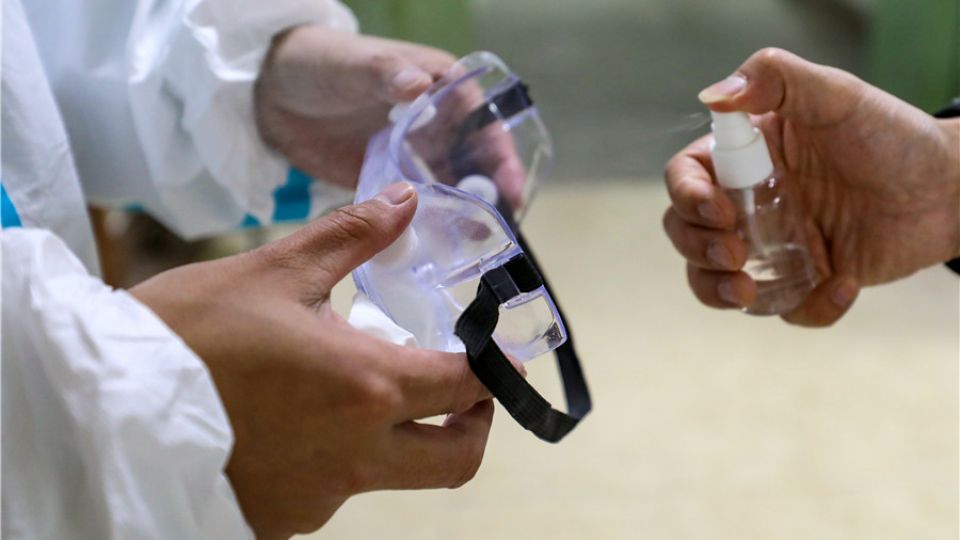March 4, 2020
Evidence does not suggest a pandemic, he notes, if numbers are seen in perspective.
In spite of the number of cases and number of countries experiencing Covid-19 infections, the World Health Organisation (WHO) says it is still possible to contain the outbreak.
“This is not a one-way street. We can push this virus back,” said its director-general Tedros Adhanom Ghebreyesus.
WHO has been questioned time and again why it has yet to declare Covid-19 a pandemic. Dr Tedros gave the assurance that WHO will not hesitate to describe the outbreak as a pandemic if the evidence so suggests. For now, it does not.
It is a matter of seeing the numbers in perspective, he said.
Of the more than 89,000 cases globally, 90 per cent are in one country, China, of which the vast majority of infections are centred in one province, Hubei.
And the number of cases in China has continued to fall, with only eight cases reported outside Hubei province on Sunday. The 206 cases for the country reported that day are the lowest since Jan 22.
In a virtual media briefing from the WHO headquarters in Geneva on Monday, Dr Tedros said: “In the last 24 hours, there were almost nine times more cases reported outside China than inside China.”
But again, of the close to 9,000 cases outside of China, more than 80 per cent are found in just four countries – South Korea, Italy, Iran and Japan. These countries “are our greatest concern”, he said.
Of the other countries with infections, 38 have 10 cases or fewer each, while more than 100 countries have not had a single case.
Dr Tedros added: “A good number of countries have already contained the virus and have not reported (new cases) in the last two weeks.”
The largest spread outside of China is in South Korea, with more than 5,000 people infected – or more than half the cases outside of China. The majority of these cases come from five known clusters, and not from the community at large.
Said Dr Tedros: “That’s important because it indicates that surveillance measures are working and Korea’s epidemic can still be contained.”
South Korea’s situation also underlines that this is a unique virus with unique features.
“We are in uncharted territory. We have never before seen a respiratory pathogen that is capable of community transmission but which can also be contained with the right measures,” Dr Tedros said.
But he is optimistic that the spread of Covid-19 can be stopped.
That must remain the top priority for all countries, he said. “With early, aggressive measures, countries can stop transmission and save lives.”
As for what people should do about holding events or travelling, Dr Tedros’ advice is to listen to what the local health authorities and professionals say.
“The answers to these questions will vary depending on where you live, how old you are and how healthy you are,” he said.


